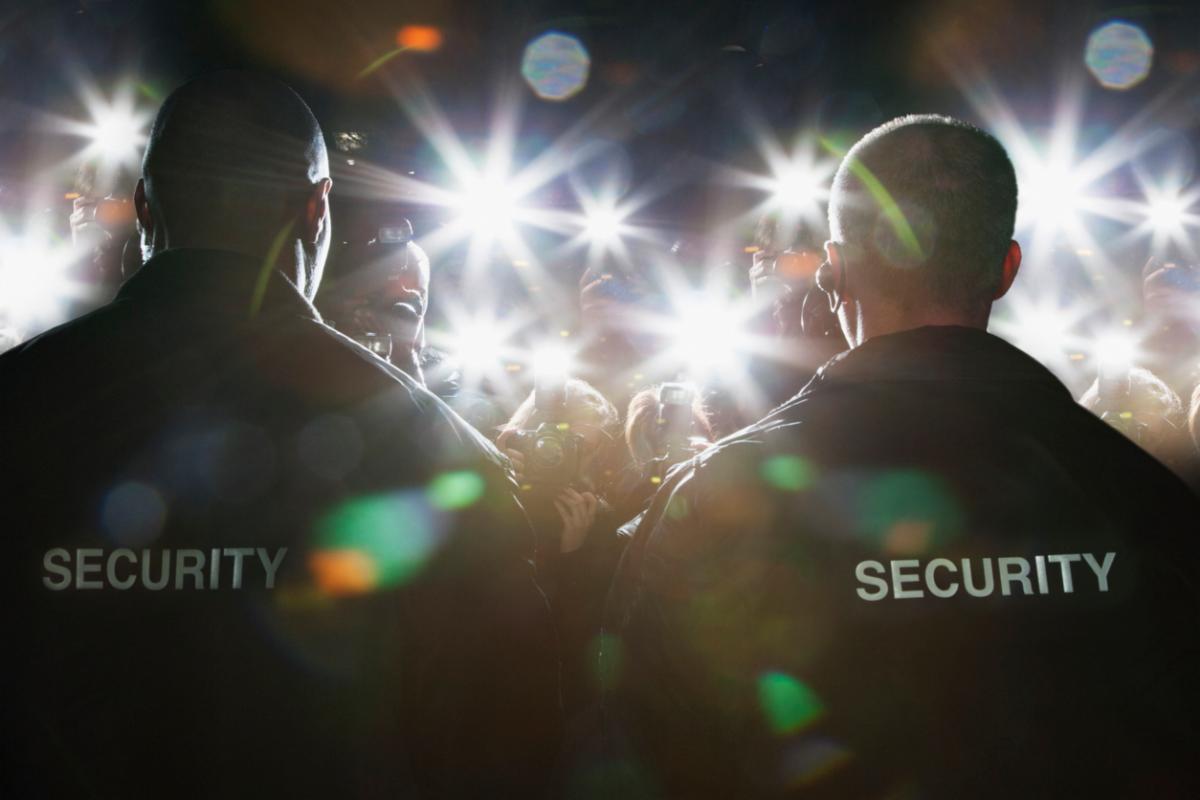In a June 8, 2020 Superior Court of New Jersey decision, the Appellate Court affirmed a summary judgment motion based upon charitable immunity, as well as refused to extend the scope of a security officer’s obligations at the subject accident site.
In Witter v. Leaguers, Inc., the Plaintiff, Marlene Witter, appealed the summary judgment motion granted by the trial court denying the claim against the Leaguers on the grounds of charitable immunity. In addition, the court had also ruled against Plaintiff’s motion to amend the Complaint to name an independent security guard company as a defendant as a result of the subject slip and fall. Because motions to amend the complaint are liberally granted, this decision sends an important message.
On January 7, 2015, Plaintiff slipped and fell on stairs while picking up her daughter at the Leaguers Head Start located in Newark, New Jersey. Plaintiff’s daughter was enrolled in pre-school at Leaguers. A New Jersey statute known as the Charitable Immunity Act limits liability exposure to non-profit entity organizations if the injury occurred for the very educational purposes that occasioned plaintiff’s presence on the property. Under the Charitable Immunity Act, a plaintiff is limited with proceeding against the non-profit entity, especially if said plaintiff is receiving the benefit of that educational purpose.
After delays in discovery, Plaintiff attempted to amend the Complaint to add Special Ops Security Services as a direct Defendant in the case. The testimony of the Leaguers admitted that Special Ops would report maintenance items that required repair. However, the owner did not expect the security guards to do so. Plaintiff attempted to include Special Ops as a Defendant in this matter and cited a well established law that a motion to amend is liberally granted and generally left to the sound discretion of the trial court. However, it is equally well established that when the proposed amendment is so meritless that a motion to dismiss would be meritorious, the court is free to refuse the amendment. Plaintiffs argued that Special Ops had a responsibility of ensuring the safety and security of the premises, such as reporting or keeping a lookout of water on the floor. The owner, Leaguers, testified that the security company did not have a duty to report or correct issues regarding the maintenance or conditions of the building as that was not within its scope of work.
The Appellate Court affirmed the trial court’s denying of the motion to amend the Complaint adding Special Ops to the case.
The obvious ploy is that Special Ops would not have the same charitable immunity as did the Leaguers.
The import of this decision is that, although security companies should continue to monitor and report maintenance issues, it can often be argued that such monitoring and reporting is beyond their contractual responsibilities. If argued effectively, those situations where security guards are brought into the case after the initial claim against the owners and the maintenance company in an attempt to extend the discovery deadline or to pursue another party that does not have a duty to the Plaintiff can be precluded.
Our e-mails about recent developments are not intended to substitute for our legal advice to our clients based on your specific needs or requests. In addition, our guidance is subject to, and can be superseded by new laws, rules, regulations, or orders. Moreover, some directives from the Federal and State authorities can appear, and can be, contradictory or in conflict, so please contact us for assistance.
If you have any questions regarding this decision or how the duty of a security company is parsed out in an agreement with the owner of the property, please do not hesitate to contact Carmelo Torraca, Esquire at ctorraca@cooperlevenson.com or (609)572-7520.






